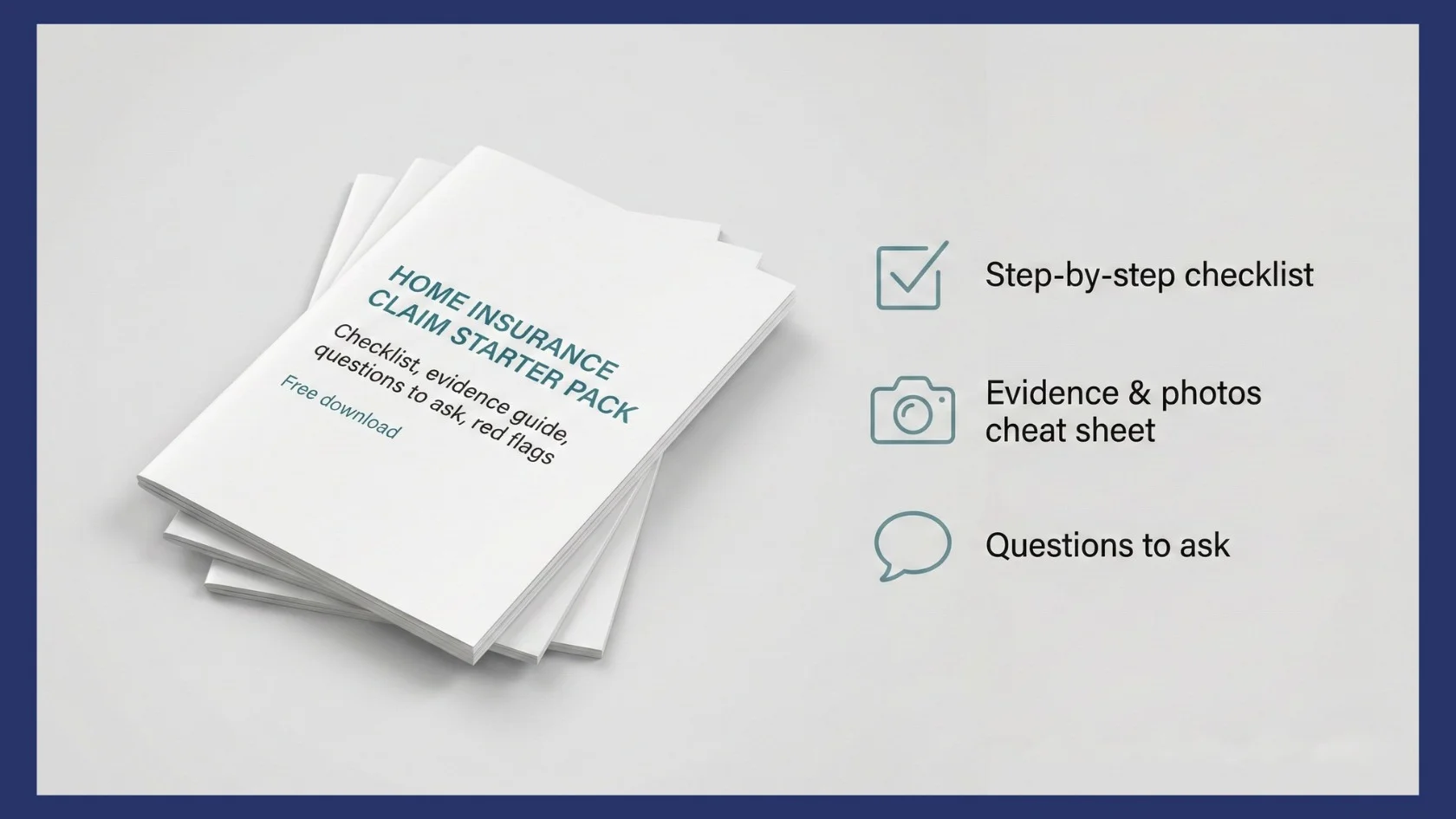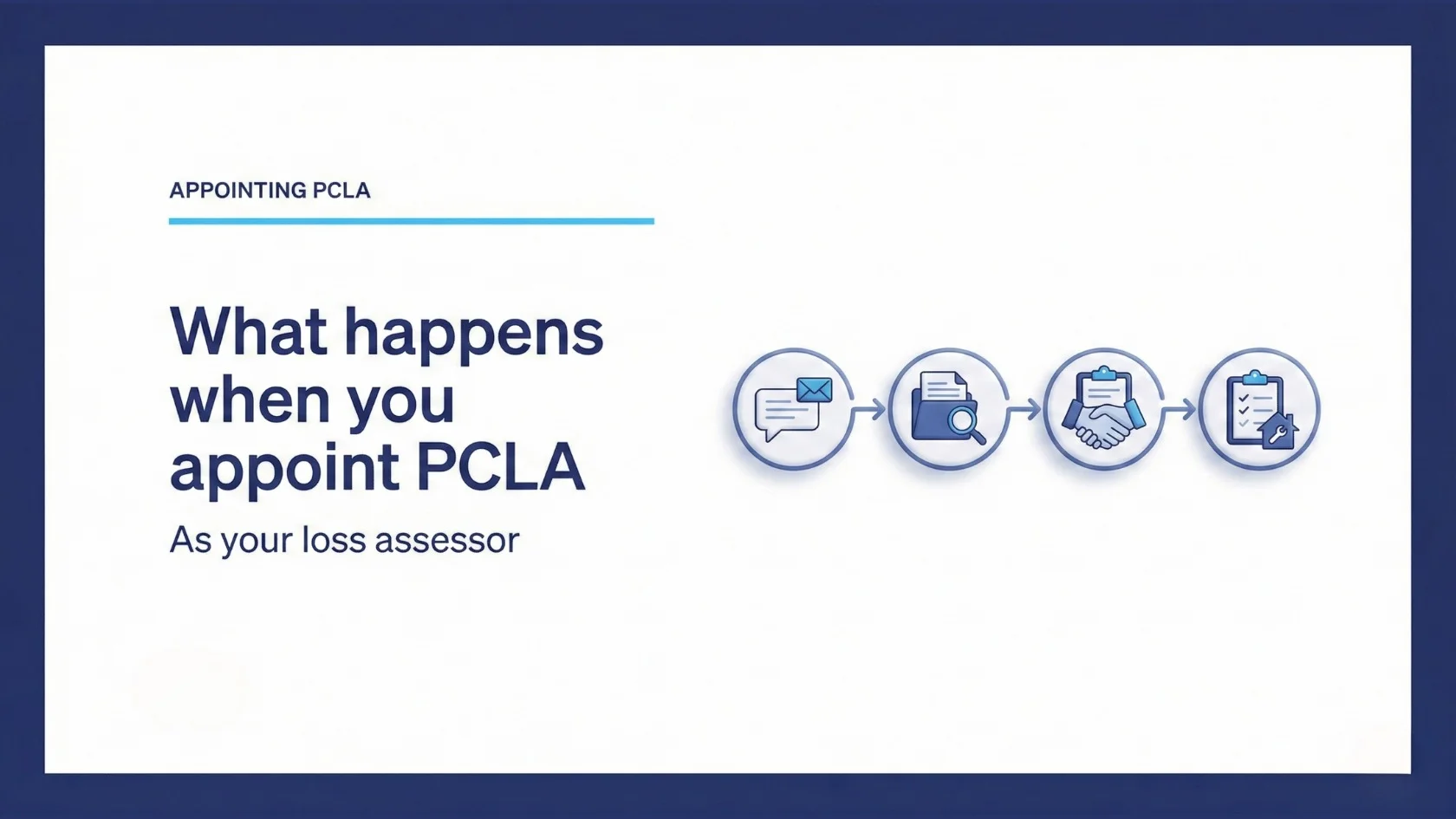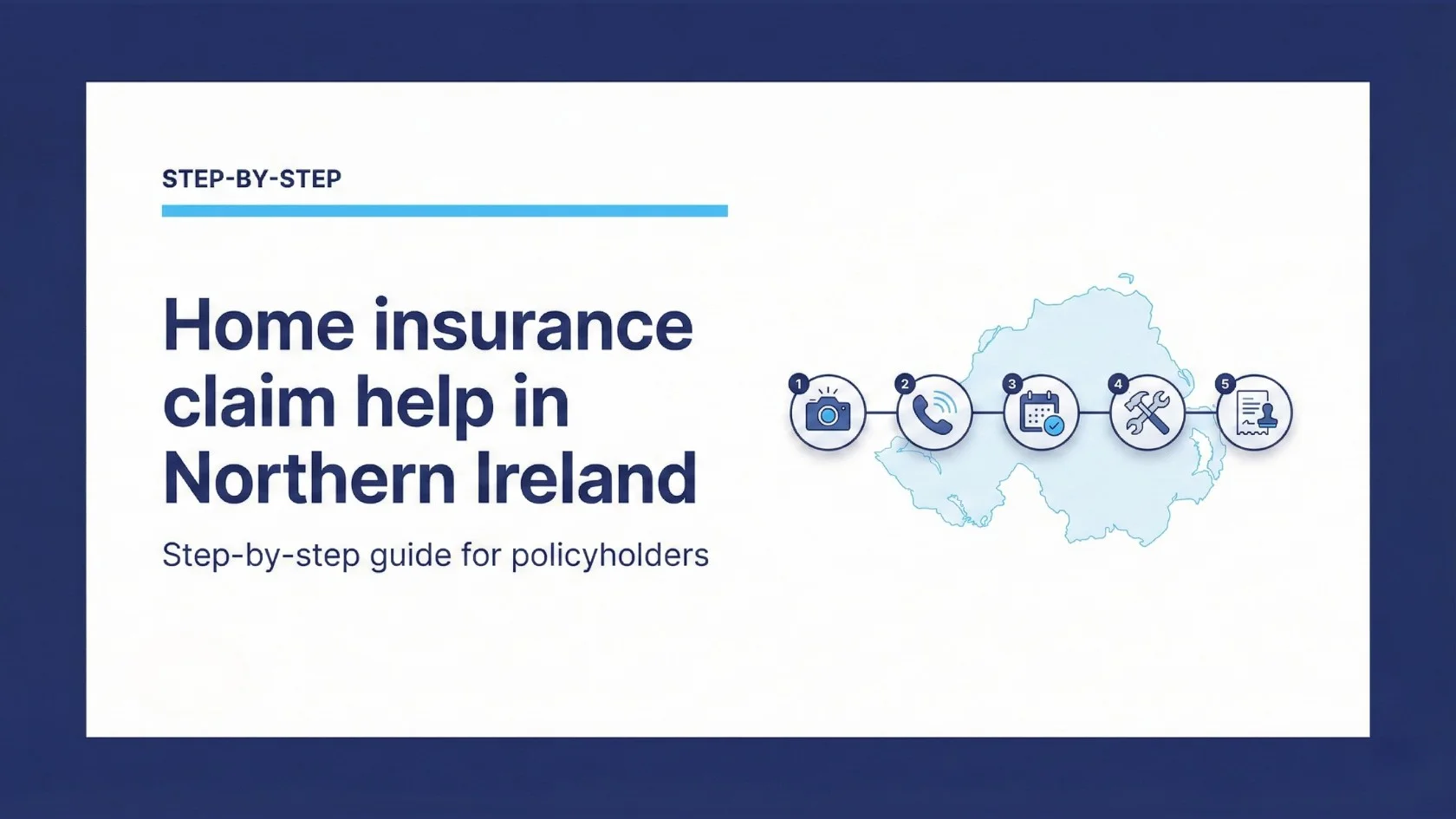Many people think that once the floodwaters have receded, the danger is gone. However, this is far from the truth. There are many hidden dangers associated with flood damage, and it’s important to be aware of them so you can take steps to protect yourself and your family. In this article, we will take a look at some of the hidden dangers of flood damage to your home and how you can spot them.
What causes flooding?
First, let’s take a look at what flood damage is. Flood damage is damage that occurs when water from an external source, such as a river, enters your home.
This can happen when a river bursts its banks following heavy rains or storms. Once water has entered your home, it can quickly cause damage to your walls, floors, and furniture. It can also lead to the growth of mould and mildew, which can cause health problems for you and your family.
You shouldn’t confuse flood damage with water damage. These are two different types of insurance claims.
For example, if you experience a ‘flood’ within your home following a burst pipe this is known as an ‘escape of water’ claim. Find out how you can make a claim for water damage.
Do you know how to spot the hidden dangers of flood damage?
Flood damage can extend beyond what is immediately visible and can cause a number of hidden dangers. Here are six potential dangers to be aware of:
1. Electrical problems: Floodwaters can easily knock down power lines and transform them into deadly electrical hazards. Additionally, water may enter areas of your home that contain electrical appliances, such as your basement or garage, which can lead to dangerous electrical problems.
2. Hidden objects: Floodwaters often pick up all sorts of debris, including broken glass, sharp metal objects, and other hazardous materials. These hidden dangers can easily cause injuries if you’re not careful.
3. Mould: Floodwaters often contain high levels of bacteria and other contaminants that can lead to mould growth in your home. Mould can cause serious respiratory problems, skin irritation, and other health problems.
4. Gas leaks: If floodwaters damage your home’s gas pipes, it could lead to a dangerous gas leak. Make sure to have a professional check for gas leaks after a flood.
5. Structural damage: Floodwaters can cause significant damage to your home’s foundation and structural integrity, including the walls, and ceilings.
If you suspect any damage, make sure to have a professional inspect your home as soon as possible.
6. Contaminated water: Floodwaters often contain sewage and other contaminants that can make you sick if you come into contact with them.
Did you know that when you make a claim for flood damage, the onus is on the policyholder to include all of the damage?
At PCLA, clients often tell us that they have miscalculated the true value of their claim. That’s why we recommend speaking to our expert claims assessors before starting your claim. Our professional loss assessors know where to look and how to identify property damage. Give PCLA a call today to find out how we can remove the stress from your insurance claim.
How likely is my home to flood?
The answer to this question depends on a number of factors, including where you live, the level of flood risk in your area, and whether or not your home is located in a floodplain. If you live in an area with a high risk of flooding, your home is more likely to experience flooding than if you live in an area with a low risk of flooding. However, there are ways you can check this out if you are planning on moving to a new area.
The different ways to check if your home is a flood risk
Household property damage from flooding is not actually that common. However, according to Zurich “a home with a 3% chance of flooding in any year has a 63% likelihood of being inundated over a typical 30-year mortgage”.
So, if you live in an area that only has a small chance of experiencing a flood, the longer you live there, the more likely you will suffer flood damage to your home. And this is where it gets interesting. The average claim for flood damage is £30,000. This should give you an indication of the level of destruction that is left behind following a flood. But, don’t let that stop you from buying your dream home. Here are 4 ways you can check out the local area before moving in.
1 Check out flood maps for the region you live in.
2 Speak to local residents. It’s good to get an idea of the area and this is just one way you can find out more before buying a house.
3 Google it: search for news stories about flooding in the local area.
4 Ask your solicitor. Flood risk should come up in the conveyancing, but don’t forget to ask.
How do I know if I’m protected against flood damage?
If you’re concerned about whether or not your home is protected against flood damage, the best way to find out is to call PCLA today. We will be able to tell you what kind of coverage you have and whether or not it includes flood damage. We can also offer free advice should you need to make a claim for flood damage.
What should you do after a flood damages your home?
We’ve discussed the hidden dangers of flooding above. Therefore, we would strongly recommend that you call a professional to assist you before any further damage can occur. PCLA can arrange for a fully qualified building surveyor to visit your property and assess the damage. Speak to our expert loss assessors to arrange your free flood damage survey today.
If your home is flooded, you may need to find new accommodation. If you’re concerned about the cost of temporary accommodation, please call PCLA as we can provide free advice over the phone. Our insurance experts will be able to tell you if your insurance company provides this under your buildings insurance policy.
Structural Damage Caused by Floodwater
Floodwaters can cause serious structural damage to your home. The severity of the flood and the amount of water around your home will determine the amount of damage caused. Be sure to have a professional inspect your home for any structural damage to your property.
Making an insurance claim for flood damage
If your home has been flooded, it’s important to get a professional assessment of the damage as soon as possible. Flood water can cause extensive damage to your property and it’s important to know the extent of the damage before you start any repairs.
It’s important to understand that making an insurance claim for flood damage can be a complex process. There’s going to be a lot of repair work and when you factor in damage to your contents and potential hotel or rent costs, the claim can quickly mount up.
Insurance companies don’t settle claims as quickly as you might like. A loss adjuster will need to assess the damage and repair work will need to be costed. Your insurance company will need a detailed report in order to process your claim. All of this takes time and energy which can quickly become stressful.
How can a Loss Assessor help with a claim for flood damage?
A professional loss assessor can help you avoid this fate. As flood damage experts, they have the knowledge and experience to accurately assess the damage caused by floods. And because they know what to look for they can identify all the possible damage that could be affecting your property.
PCLA are independent professionals who work on your behalf to ensure you get a fair settlement from your insurer. This means reaching a settlement that will cover the costs of the damages your property has sustained, so you don’t end up losing out.
Ask PCLA to manage your claim today
- PCLA will negotiate with your insurance company on your behalf.
- We will compile all of the costs related to your repair work.
- We also liaise with the loss adjuster and make sure they are aware of all property damage.
- We will make sure your claim is complete and for the full settlement you are entitled to.
If you’ve been affected by flooding, please contact us today!



